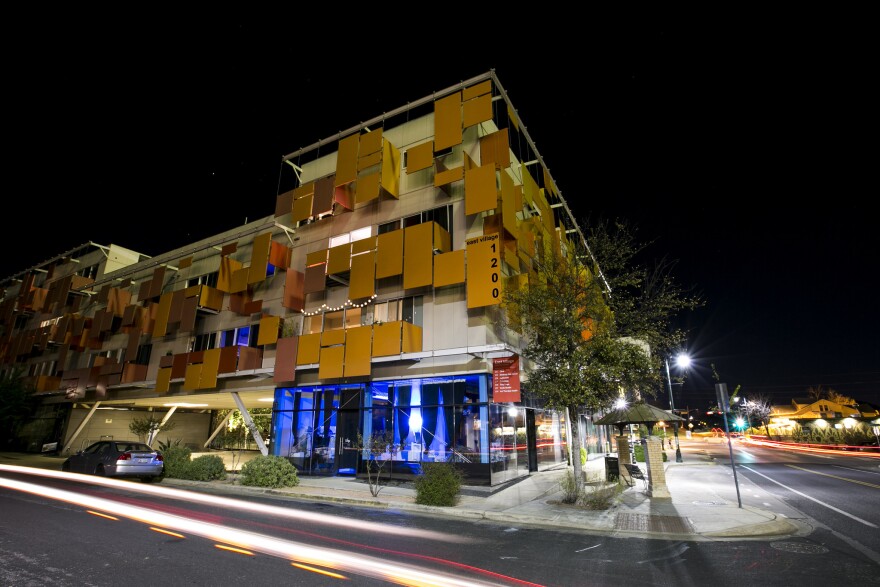For years, we've been hearing about how Austin is one of the fastest-growing cities in the country. Thousands of people move here each year, but recent reports show some of the factors that draw people to the city -- like good jobs -- aren't growing quite as fast as they used to. That got us wondering: Has Austin's population growth peaked?
To young professionals living in the Austin area, Will Compernolle’s story may sound familiar. He’s originally from Chicago and moved to Austin in the summer of 2011 after graduating from college.
“Well, I liked the idea of kind of showing up in a city where I didn’t know anyone, kind of just starting fresh, finding a job once I got there," he said. "It seemed like a really good city for young people with decent employment prospects."
Compernolle settled into an apartment near South Congress. Back in 2011, it ran him about $700 a month. He soon found work, just not the kind of work he was looking for. Compernolle had studied economics in college and wanted to channel those skills into research or consulting. But during his time in Austin, he found himself working at Facebook and analyzing data at an ad agency. If he stayed in the city, he worried, he may be pigeonholed into working in tech.
“Professionally, I think, I thought that anything that would interest me would not be in Austin, and then after three years, the city just sort of started to feel a little small and I was ready to try something new,” he said.
Compernolle chose to move in 2014. He’s working in New York City now, but he says his time in Austin helped define his career path.
“I know enough people who kind of followed the same path as me, which is, you go to Austin because it’s sort of a Neverland where you find yourself," he said. "Then after they have a little more certainty about what they want to do, or want that change of pace or something, then they move on to a different city that maybe offers specifically what they’re looking for."
Compernolle’s story seems to align with the findings of a recent report from the apartment search website Abodo. It points to the large number of people leaving the city each year, but not surprisingly, they’re quickly being replaced.
“We wanted to figure out the cities that Americans are leaving the fastest, but also the cities that they’re moving to the fastest," said Sam Radbil, senior communications manager with Abodo. "Interestingly enough, Austin showed up on both of those."
It’s got a lot to do with jobs, said City Demographer Ryan Robinson. Austin was one of the first cities back on its feet after the Great Recession, he said, creating jobs at an annual rate of about 4 percent over the past five years.
“But it looks like that 4 percent annual growth has dropped into the 2-to-2 1/2 percent range, and again, while that’s a downshift, I think it’s a long time coming, and I think it’s the beginning of what will be a period where we can maybe begin to catch our breath as a city,” Robinson said.

He said that much continuous growth has been overwhelming, and it’s played a big role in driving up Austin’s housing prices. While the common belief may be that most people moving here are millennials looking for their next gig, Robinson said the area is actually seeing a lot more seniors.
"Those households have much deeper pockets than their millennial counterparts," he said, which plays into housing affordability. “Just anecdotally, that’s one reason why our downtown expensive condo market has remained really very healthy because many of the folks that are moving into those expensive downtown units are baby boomers and seniors."
Austin’s red-hot housing market has come to be seen as the norm. The city added about 10,000 new apartments last year, and they were quickly filled. But Robinson said there are signs that the market may be cooling.
"We’re finally beginning to see something we haven’t seen in years in the multifamily market and that’s concessions, things like free month’s rent, move-in specials, different things," he said. "You haven’t seen any of that because it’s been such a landlord’s market.”
So maybe we haven’t peaked just yet. For now, Austin’s population is still growing, but Robinson said he’ll be keeping a close eye on those occupancy rates in the coming months. If they begin to dip, it may signal a slowdown in the influx of people moving to Austin.




